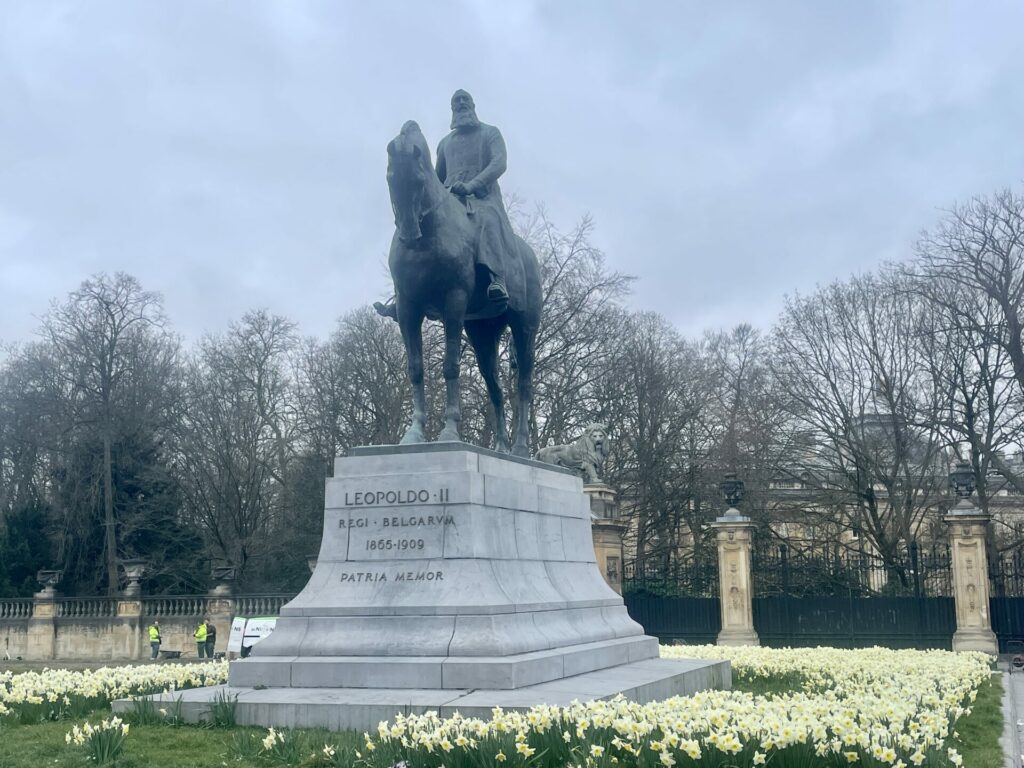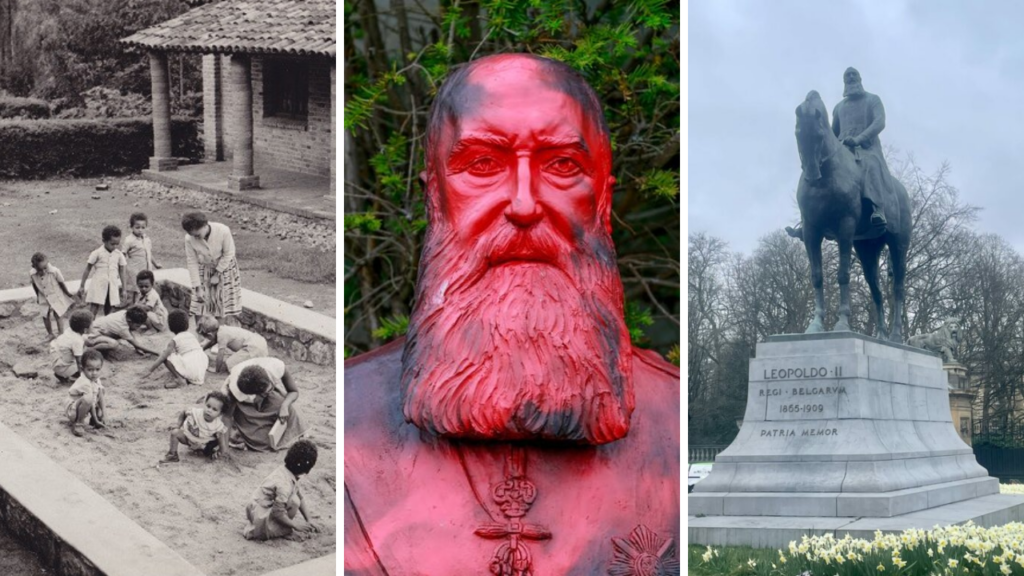The social movements that have punctuated public affairs in recent years have illustrated the power of media, both established and participative, to play into a narrative – indeed, to spread perspectives that feed a particular agenda which is always less distinct and lurking beneath the surface.
This isn't anything new, though has undoubtedly become more complex as stories are developed with different mediums, allowing far-off ideas to suddenly take root elsewhere. Peeling away the exaggerations, half-truths and "alternative facts" requires introspection, humility and a conscious effort that many are not willing to give.
When it comes to the past, facing up to history can be an uncomfortable and frequently contradictory process, especially when that involves colonies and the exploitation that brought such wealth to the coloniser.
Belgium has been making a visible effort to look honestly upon actions that once were celebrated. Whilst such endeavours could always go further, they do nonetheless mark an important turn in attitude that many nations have yet to make – in particular on other forms of exploitation in which they participate or are complicit to this day.
Yet for all the institutional resolve to address prevailing perceptions, there remains a gulf between the official version of events presented by the State and public knowledge. In Belgium's case, a study released by the University of Antwerp and Africa Museum highlights this shortcoming among Belgians in general.
When asked general knowledge questions on Belgium's colonial history, the majority of respondents were found to be "sorely lacking with regard to the colonial past of Belgium". The researchers called upon institutions and Belgian MPs to double down on efforts to participate in the political discourse surrounding matters of colonialism and structural racism, though their study shows that the public at large must also be involved in the conversation.
And perhaps with an eye on how quickly new stories can become dominant, the results of the study are a reminder of how long it can take to unpick one version of events once it gains traction.
Belgium in Brief is a free daily roundup of the top stories to get you through your coffee break conversations. To receive it straight to your inbox every day, sign up below:
1. Fibre optic cable sabotage causes global internet slowdown
A major fibre optic cable has been cut near Aix-en-Provence, France, causing a global internet connectivity slowdown, reports cybersecurity company Zscaler. Experts believe that the cable was severed in a deliberate “act of vandalism"; others have described it as “sabotage.” Read more.
2. Belgian society knows little of colonial past, study shows
 Belgian society is “sorely lacking with regard to the colonial past of Belgium”, the AfricaMuseum (Royal Museum for Central Africa) and the University of Antwerp have concluded in a study published on Monday. Read more.
Belgian society is “sorely lacking with regard to the colonial past of Belgium”, the AfricaMuseum (Royal Museum for Central Africa) and the University of Antwerp have concluded in a study published on Monday. Read more.
3. Chaussée d'Ixelles: Already 70,000 fines for pedestrian zone infractions in 2022
As of 20 September, 70,836 cars have been caught speeding in the restricted driving zone (RDZ) in the Brussels municipality of Ixelles this year – meaning there is a risk that a new record will be set in 2022 despite the fact that the zone has already been in existence for four years. Read more.
4. Belgium on course to miss EU emissions target
Flanders has increased its greenhouse gas emissions by 4% compared to 2020, leaving the Flemish-speaking region on course to miss the European Commission's target of reducing emissions by 55% by 2030 compared to 1990. Read more.
5. Madame Tussauds statue of King Charles fed cake by environmental activists
Environmental activists from the Just Stop Oil group on Monday defaced the wax figure of King Charles III at London's famous Madame Tussauds museum. This is the latest in a series of actions since the beginning of the month that demands an end to oil and gas exploration. Read more.
6. Do look up: Partial solar eclipse today
Today the Arctic, Europe and parts of Asia will experience the phenomenon of the moon partially passing in front of the sun – in what is known as a partial solar eclipse. Around 30% of the sun's visible surface will be covered by the moon. Read more.
7. Hidden Belgium: The cobblestones of Brussels
You hardly notice them as you walk through Brussels, but the city’s cobblestone streets are among the most beautiful in the world. After years of indifference, the city is now more aware of this aspect of its heritage. Read more.

